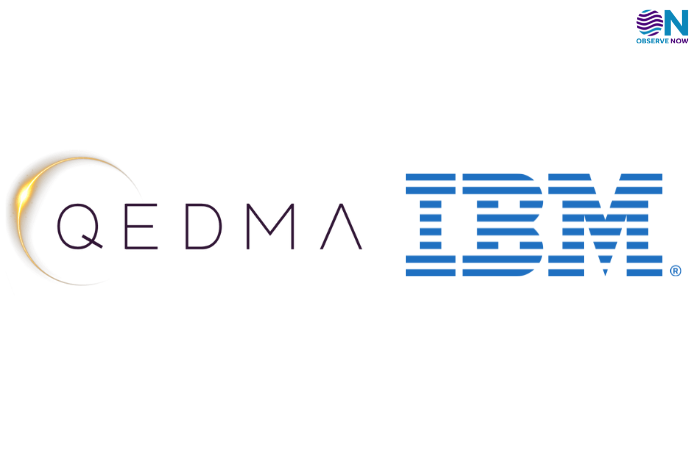IBM Leads $26 Million Series A Round to Boost Quantum Error Correction Startup Qedma

Israeli quantum software pioneer Qedma has secured $26 million in Series A funding to elevate its quantum error correction technology, critical for unlocking the full potential of today’s noisy quantum hardware. The round was led by Glilot Capital Partners’ Glilot+, with IBM, Korean Investment Partners, TPY Capital, and others participating.
Qedma’s QESEM (Quantum Error Suppression and Error Mitigation) software addresses one of quantum computing’s biggest hurdles: error-prone qubits. By analyzing device-specific noise patterns, QESEM continuously adapts quantum algorithms during execution to suppress errors and applies post-processing to correct any remaining faults. The company claims this approach allows circuits up to 1,000 times larger to run reliably on current machines.
Founded in 2020 by physicists from Technion and Hebrew University, including CEO Asif Sinay, CTO Netanel Lindner, and CSO Dorit Aharonov—the latter a leading figure in quantum fault tolerance theory—Qedma adopts a platform-neutral approach aimed at maximizing the utility of existing hardware from IBM, IonQ, and other players.
IBM’s participation marks a strategic vote of confidence. Qedma has already integrated QESEM into the IBM Qiskit Functions catalog and is among the earliest vetted software partners in IBM’s quantum ecosystem. IBM Quantum vice president Jay Gambetta emphasized that software-layer innovation is essential to accelerating the path to “quantum advantage”—the moment when quantum systems meaningfully outperform classical alternatives.
The Series A funding will bolster Qedma’s research, expand its team from around 40 to 60 employees, and deepen partnerships with quantum hardware providers and research institutions. It positions the startup to demonstrate practical quantum advantage soon—well ahead of the industry’s much-anticipated rise toward fault-tolerant, million-qubit systems.
Qedma’s investors highlight its software-first strategy as a timely pivot. As traditional quantum error correction remains hardware-intensive—requiring hundreds or thousands of physical qubits—Qedma’s noise-agnostic, algorithm-level approach offers an immediate path to commercial quantum applications across fields including pharmaceuticals, finance, and cybersecurity.
With IBM’s support and a growing collaborative network, Qedma aims to pioneer the quantum “operating layer” necessary for broader adoption. As the race for quantum computing intensifies, this software-driven approach may prove essential in building viable, real-world quantum systems.
















